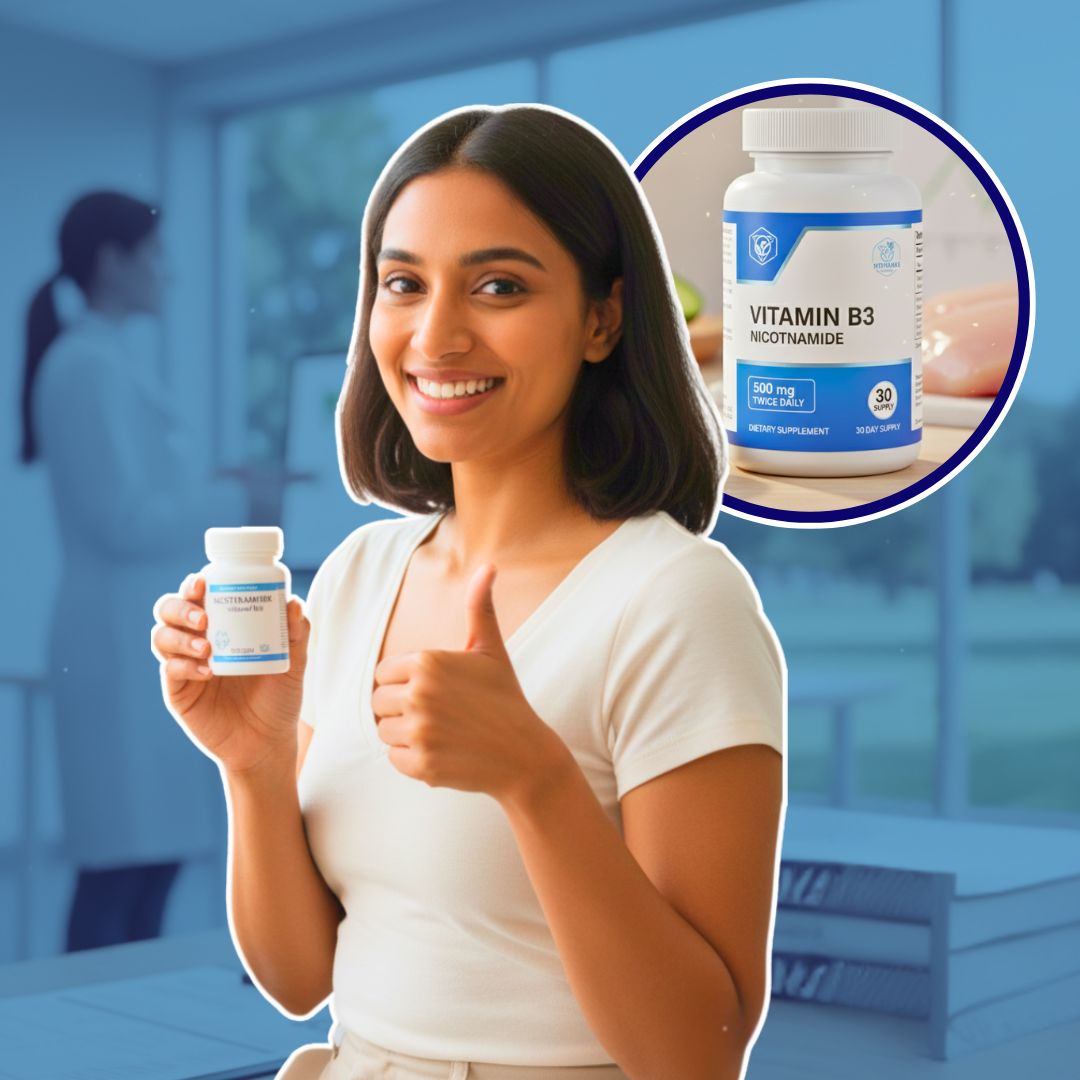A recent large-scale retrospective study involving over 33,000 US veterans reveals that nicotinamide, a form of vitamin B3, can reduce the risk of developing new skin cancers by 14% overall, with a striking 54% risk reduction when started soon after a first diagnosis.
Published in JAMA Dermatology in September 2025 by researchers at the Durham VA Medical Center, the study examined patients taking 500 mg of nicotinamide twice daily for at least 30 days. Experts recommend it as a safe, low-cost preventive measure, especially for those with a history of skin cancer, while stressing it should complement, not replace, current sun protection and skin checks.
Scientific Evidence and Expert Statements
The extensive study analyzed medical records from 33,822 veterans, 12,287 of whom were prescribed oral nicotinamide. Lead author Dr. Kimberly F. Breglio and colleagues identified a significant 14% overall reduction in new skin cancers, including basal cell carcinoma (BCC) and cutaneous squamous cell carcinoma (cSCC). Notably, patients who began nicotinamide treatment after their first skin cancer diagnosis experienced a 54% drop in recurrence risk.
The prevention effect was strongest against cSCC. Dermatologist Dr. Sarah T. Arron highlighted the importance of early intervention for maximum benefit, endorsing routine recommendation of nicotinamide during patient counselling as part of secondary prevention.
The safety profile of nicotinamide, available over the counter and without serious side effects, sets it apart from other preventive treatments like systemic retinoids that require monitoring due to potential adverse effects.
Background and Broader Context
Skin cancer incidences continue to rise globally due to increased ultraviolet (UV) exposure and ageing populations. Prevention has mainly focused on sun protection methods, screening, and invasive treatments for precancerous lesions.
Nicotinamide enhances DNA repair and reduces UV-induced immune suppression, supporting skin cell health. This retrospective cohort study builds on earlier clinical trials, including a 2015 phase 3 randomised trial showing nicotinamide’s chemopreventive effects.
The new larger real-world data confirms those findings and indicates that solid organ transplant recipients, who have higher skin cancer rates, may also benefit when supplementation begins early, although not all subgroups saw a significant benefit.
The study population was predominantly older white males, reflecting the veteran demographic, which may influence generalizability.
Context and Implications for Skin Cancer Prevention
Skin cancer continues to rise globally, with significant burdens especially among older adults and immunocompromised groups like solid organ transplant recipients. Current prevention relies heavily on sun protection and medical monitoring, but nicotinamide offers an accessible, safe, and affordable supplement that enhances DNA repair and immune response against ultraviolet damage.
While its benefit was less clear for transplant recipients overall, early use still showed reduced incidences of squamous cell carcinoma. This research builds on previous smaller trials and supports expanding preventive strategies.
The Logical Indian’s Perspective
This encouraging evidence of nicotinamide’s role in reducing skin cancer risk offers hope for many vulnerable individuals and reinforces the value of accessible, affordable preventive healthcare. At The Logical Indian, we champion innovations that promote health equity, blending medical science with public awareness and personal responsibility.
Nicotinamide should be embraced as part of a holistic approach to skin cancer prevention, alongside sun safety education and regular dermatological care.











